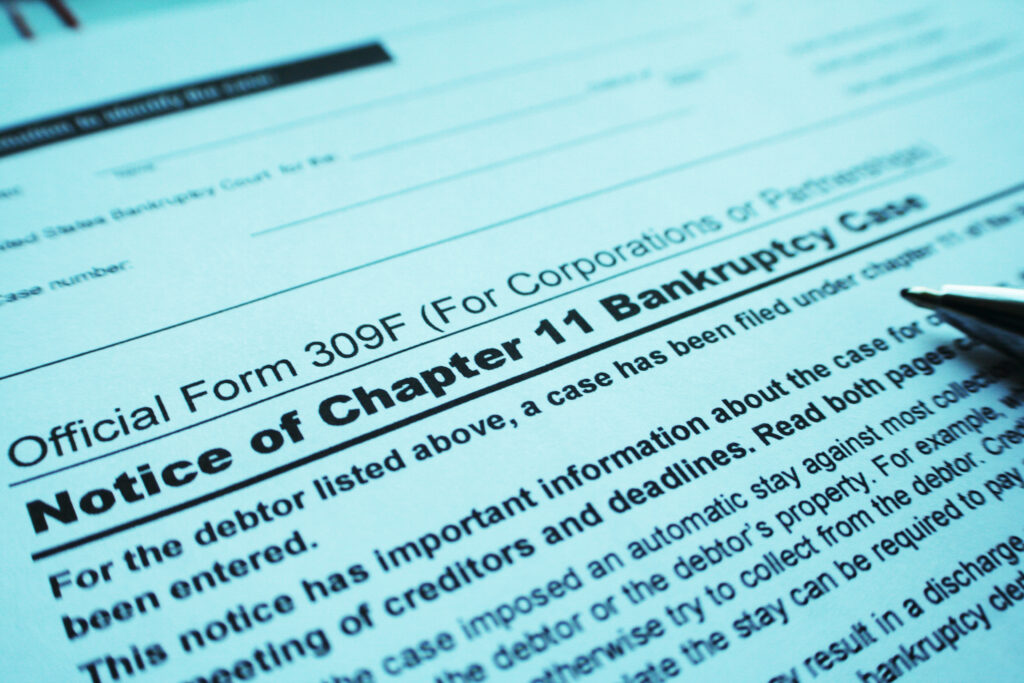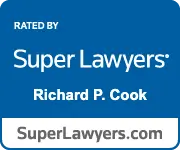Chapter 11 Bankruptcy
Chapter 11 Bankruptcy in North carolina

What Is Chapter 11 Bankruptcy?
Chapter 11 bankruptcy, often referred to as “reorganization” bankruptcy, allows businesses and certain individuals to restructure their debts while retaining control of their operations. Unlike Chapter 7, which involves liquidating assets to pay creditors, Chapter 11 focuses on creating a repayment plan to keep the business alive and pay off debts over time.
Why Choose us?
Attorney Richard P. Cook is a board-certified specialist in Business Bankruptcy and also serves as a Chapter 11, Subchapter V small business bankruptcy trustee. He regularly files Chapter 11 cases to help small businesses streamline their debts and remain in business.
Is Chapter 11 Bankruptcy Right for You?
Deciding: To file for Chapter 11 bankruptcy involves a careful consideration of your business’s financial situation, long-term goals, and the feasibility of restructuring debt. For small businesses, the provisions under Subchapter V of the SBRA offer a streamlined path to reorganization, but understanding the nuances and timelines, especially with the upcoming expiration of the increased debt limit, is crucial.:
Understanding: For tailored advice and to understand how Chapter 11 bankruptcy can impact your business, consulting with a bankruptcy attorney is highly recommended. They can provide insights specific to your circumstances and guide you through the complex process of filing for bankruptcy under Chapter 11 or Subchapter V.
FAQ on Chapter 11
The process for Chapter 11 Bankruptcy can either be voluntary or involuntary. Voluntary petitions are filed by your attorney after consultation and gathering of all debts, assets, and accounts receivables determine that filing would be in your best interests. An involuntary petition is when three or more of a business’s or individual’s creditors files a petition with the court themselves in an attempt to recover unpaid debts. Once the court approves an involuntary petition, the debtor is legally obligated to begin the Chapter 11 process.
Pros:
- Business Continuity: Allows businesses to operate while restructuring debts.
- Flexibility: Debtors can negotiate terms and restructure debts in a way that is manageable and sustainable.
- Retention of Assets: Businesses can retain their assets and continue operations, which can be beneficial for long-term recovery.
Cons:
- Cost and Complexity: Chapter 11 can be more expensive and complex than other forms of bankruptcy, requiring extensive legal counsel and financial advisory.
- Time-Consuming: The process can be lengthy, sometimes taking years to complete, which can strain resources and focus.
- Reliance on Guidance: The success of a Chapter 11 bankruptcy hinges on legal and financial navigation. Partnering with experienced bankruptcy attorneys ensures that you are well-advised on complex legal matters, strategically positioned for a favorable restructuring, and fully compliant with intricate bankruptcy laws and proceedings.
Most Chapter 11 Bankruptcy Plans last between three (3) and five (5) years. While there are no specified lengths required by Courts, the plan must appear to be making a good faith effort to pay as many debts as possible, while also giving the debtor the best chance of successfully completing the plan.
It is crucial to contact an attorney immediately if you receive a notice that an involuntary petition has been filed against you or your business. Our team at Cape Fear Debt Relief will guide you through the necessary deadlines, filing requirements, and court
Is Your business In debt? Contact Cape Fear Debt Relief today to see how you can protect your small business from its
creditors in a Chapter 11 case.





